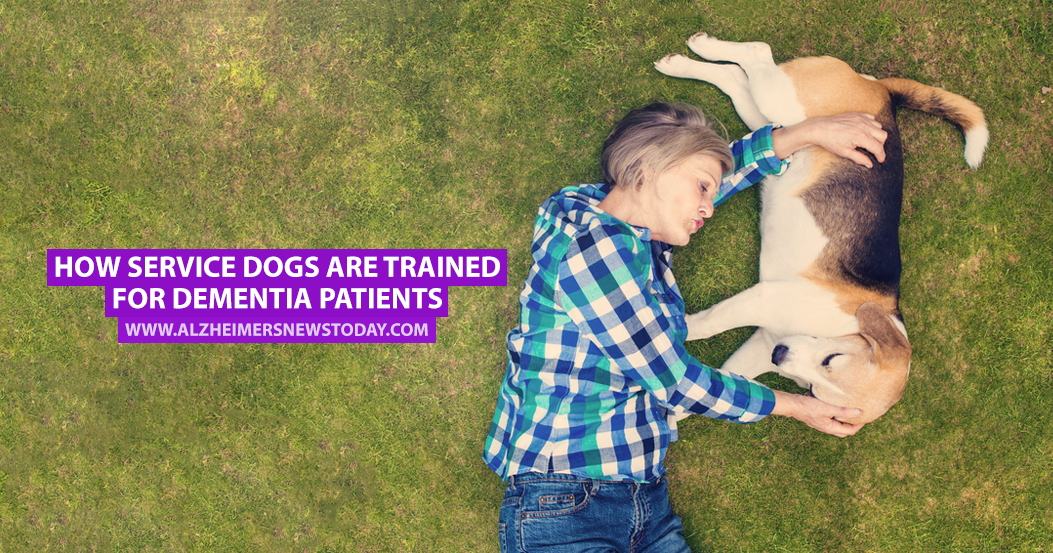How Service Dogs Are Trained for Dementia Patients

Service dogs can provide a helping hand for anyone suffering from dementia. They can be taught hundreds of small tasks that can really make a big difference to dementia and Alzheimer’s disease patients, giving them back some autonomy, allowing them to get more out of life and taking some of the burden from caregivers.
MORE: 10 benefits of having a service or therapy dog if you have Alzheimer’s
From picking up dropped items to opening and closing doors and even notifying their handler if they haven’t taken their meds, dementia dogs can offer patients a lifeline and provide peace of mind for their handler and family members.
According to alzlive.com, the training to become a dementia dog is no easy feat and requires young dogs to have a certain type of temperament. Service dogs tend to be one of a few breeds (labradors, golden retrievers, German shepherds or collies), but just being one of these breeds doesn’t mean a dog will make the grade.
Dementia dogs need to be trained to have a protective mentality and to be able to almost second guess their handler. In some cases, the handler may not be able to physically handle the dog in the same way someone without dementia could, so the dog needs to be trained to deal with this.
The training process usually takes several months and begins with scent training, so the dog can build a bond with its new handler before they even meet. A garment with the handler’s scent is a major training tool, so when the dog and handler finally do meet, the dog will already feel acquainted with them.
The dementia dog will be taught tasks specifically to help their new handler over a period of approximately six months. Then the trainer will work alongside the handler and dog for a few days while they become familiar with each other.
MORE: The seven stages of Alzheimer’s disease
Alzheimer’s News Today is strictly a news and information website about the disease. It does not provide medical advice, diagnosis or treatment. This content is not intended to be a substitute for professional medical advice, diagnosis, or treatment. Always seek the advice of your physician or another qualified health provider with any questions you may have regarding a medical condition. Never disregard professional medical advice or delay in seeking it because of something you have read on this website.






